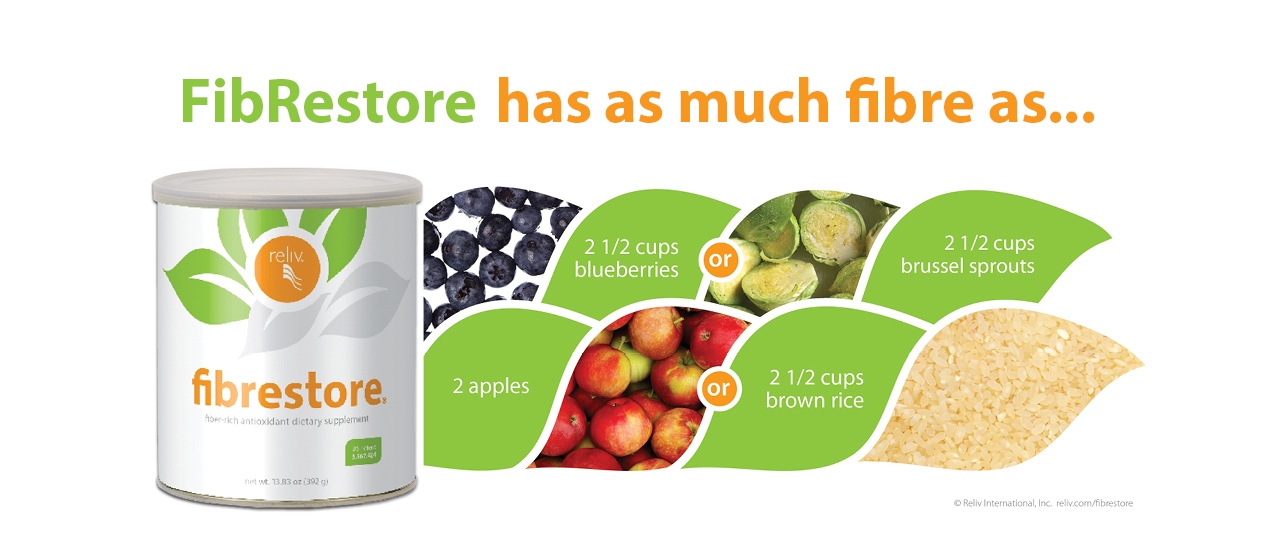
Although the causes of Irritable Bowel Syndrome (IBS) are unknown, the symptoms and side effects have become all too familiar for many. IBS, which affects mostly younger women, can cause abdominal cramps, constipation, diarrhea and misery for those affected. Between 7 and 10 percent of people in the world have IBS, but many don’t see a doctor about their symptoms. Let’s take a closer look at the potential causes and signs of IBS.
Figuring It Out
IBS is a disorder of the intestines that can cause a variety of unpleasant symptoms including belly pain, cramping or bloating. The symptoms can vary widely among people and change from day to day, but IBS has not been documented to worsen in individuals.
What causes IBS is not clear, but it is thought that the triggers might vary for different people. For some, it might be a miscommunication between the brain and bowels, unusually sensitive intestines, or stress or anxiety. For others, symptoms can be triggered by certain foods, hormonal changes or certain antibiotics. Honest communication between the individual and their doctor is critical to ensure proper diagnosis and plan for treatment.
Make a Game Plan
Although it’s a long-term condition, you may be able to manage the symptoms of IBS through changes in your diet, lifestyle and stress levels. Regular exercise and an overall wellness routine have been shown to positively affect the symptoms of IBS. It might take some experimenting, but you may be able to narrow your triggers down to certain foods (though no particular foods have been associated with IBS), stress, trapped gas, hormonal changes (such as during the menstrual cycle), some medicines or genetics. IBS may be more likely to occur in people who have a family history of the disorder.
You may not be able to prevent IBS, but proper care may help minimize the symptoms and frequency of episodes. An obvious approach is to stop smoking and avoid caffeine. If symptoms persist after eating certain foods or experiencing stressful situations, avoid them. Getting regular exercise has also been shown to potentially extend the time between episodes.
The Fibre Connection
Gradually increasing the amount of fibre in your diet can help alleviate the symptoms of IBS. There are two main types of dietary fibre — soluble and insoluble — and they come from different sources and provide different benefits. Simply put, soluble fibre dissolves in water and insoluble fibre does not. Fibre is the part of plants that does not break down in our stomachs and is instead passed through our system undigested.
Soluble fibre attracts water and forms a gel that slows down the digestion process, making you feel fuller, longer and relieving diarrhea. It can also help lower LDL (“bad”) cholesterol and have a positive effect on blood sugar. Look for soluble fibre in oats, lentils, apples, oranges, pears, oat bran, strawberries, nuts, flaxseeds, beans, dried peas, blueberries, cucumbers, celery and carrots.
Insoluble fibre passes through the intestinal tract relatively intact and speeds up the passage of food and waste through your gut, which can alleviate IBS constipation. You’ll find insoluble fibre in whole wheat and grain, corn bran, seeds, nuts, barley, couscous, brown rise, bulgur, zucchini, celery, broccoli, cabbage, onions, tomatoes, carrots, cucumbers, green beans, dark leafy vegetables, raisins, grapes, fruit and root vegetable skins.
Experts recommend 30 to 35 grams of dietary fibre per day for a variety of health benefits. The average person gets only about 10 grams. As you increase your fibre intake, drink more water because some will be absorbed.
A Simple Solution
Get a good jumpstart on the fibre you need by making Reliv’s FibRestore® a part of your diet. One serving contains 10 grams of soluble and insoluble fibre per serving. You’ll also find fibre in Reliv ReShape (1.5g) and Reliv Now® (1g). These can add up quickly, so consider your cumulative intake when calculating. Here are some other great ways of making sure you get the fibre your body needs:
• Choose whole fruit instead of juice (fibre is in the pulp!)
• Look for whole grains and check food labels for dietary fibre
• Snack on raw vegetables
• Add legumes, seeds and nuts into soups and salads
• Replace refined white bread, pasta and rice with whole-grain items
The Good News
Unlike many health issues, IBS symptoms have been shown to decrease as a person ages. Over time, 3 out of 10 people stop having any symptoms at all. There is no known causation between IBS and cancer or inflammatory bowel disease, and IBS does not shorten life expectancy. Paying careful attention to your triggers, drinking plenty of water and exercising regularly can help you stay in control of your digestive health.
A Note from Dr. Carl: Fondness for Fibre
Most people know that fibre is good for them. It positively impacts everything from blood sugar levels and weight loss to serum cholesterol levels. And it plays a vital role in protecting against colon cancer, diverticular disease, obesity and more.
Reliv’s FibRestore® is loaded with 10 grams of soluble and insoluble fibre per serving, providing a third of the daily fibre recommended for good health.
Take the preventive approach to your health and give your body the optimal nutrition it needs to stay healthy. Make Reliv a part of your everyday plan for good health.
To your health,
Dr. Carl W. Hastings
Vice Chairman and Chief Scientific Officer
Reliv products are not intended to diagnose, treat, cure, or prevent any disease.
Sources:
http://www.webmd.com/ibs
http://www.webmd.com/diet/fiber-health-benefits-11/insoluble-soluble-fiber
http://www.healthline.com/health-slideshow/ibs-diet#1
http://www.mayoclinic.org/diseases-conditions/irritable-bowel-syndrome/basics/lifestyle-home-remedies/con-20024578